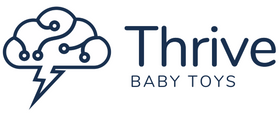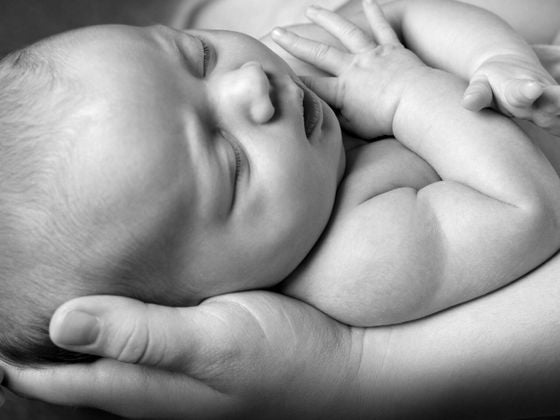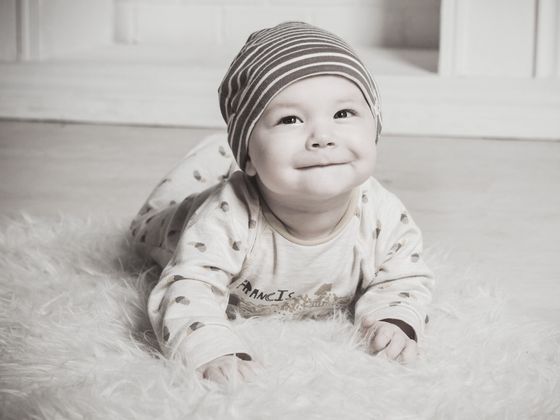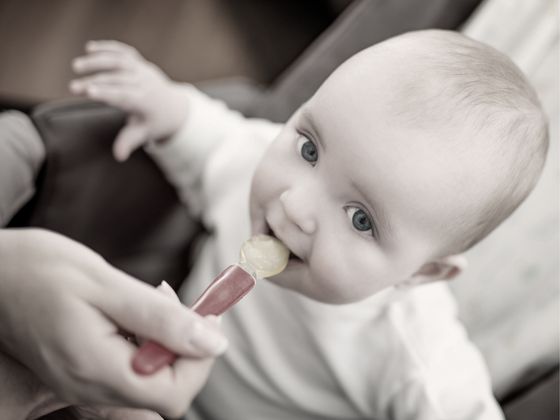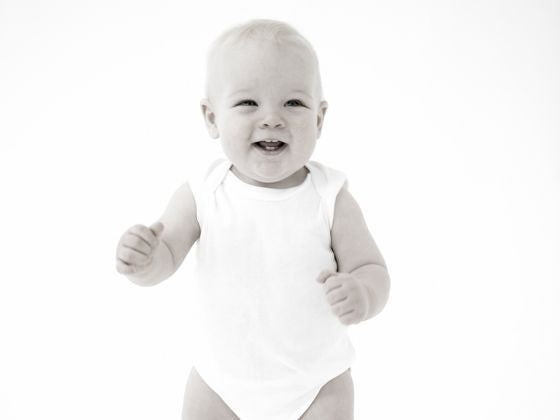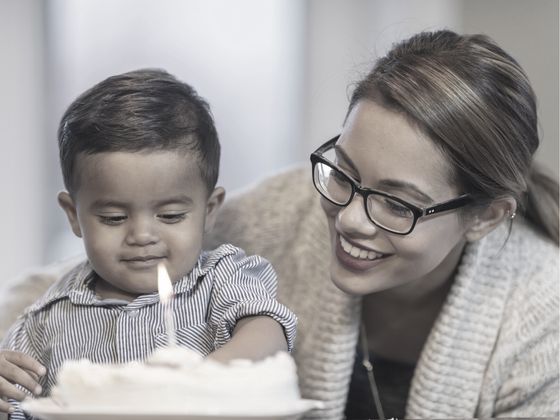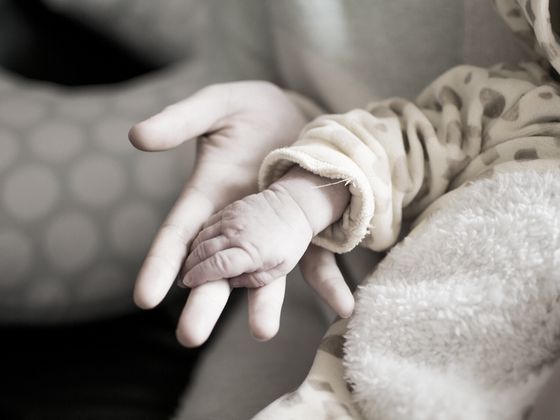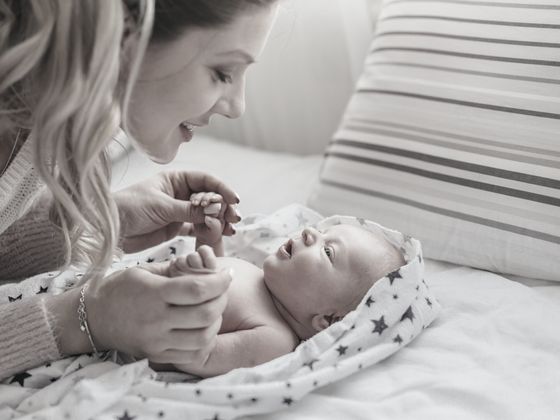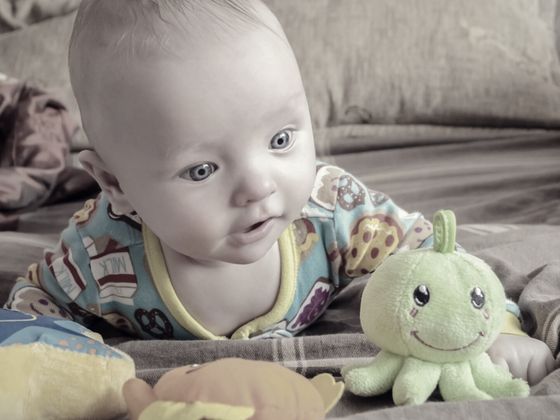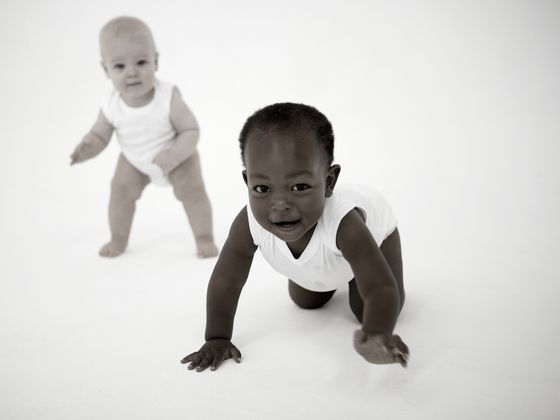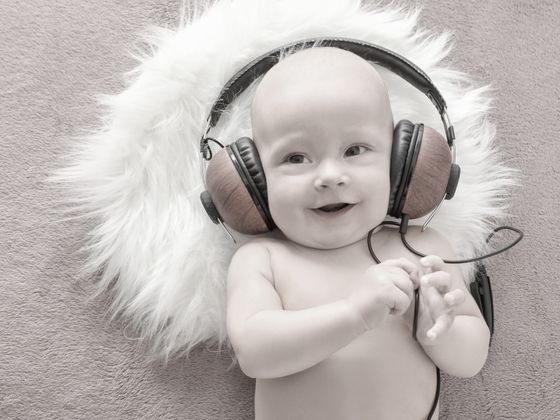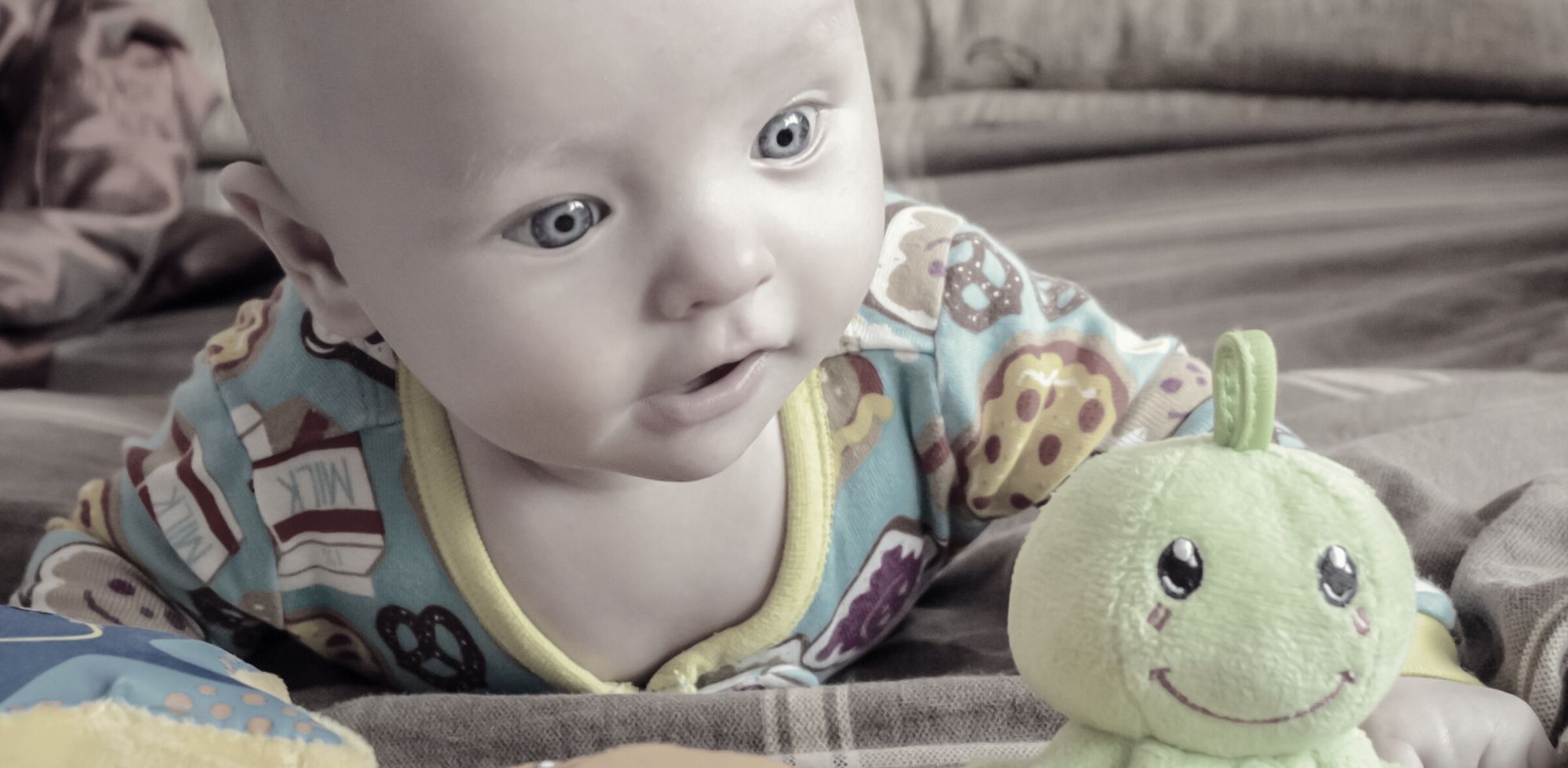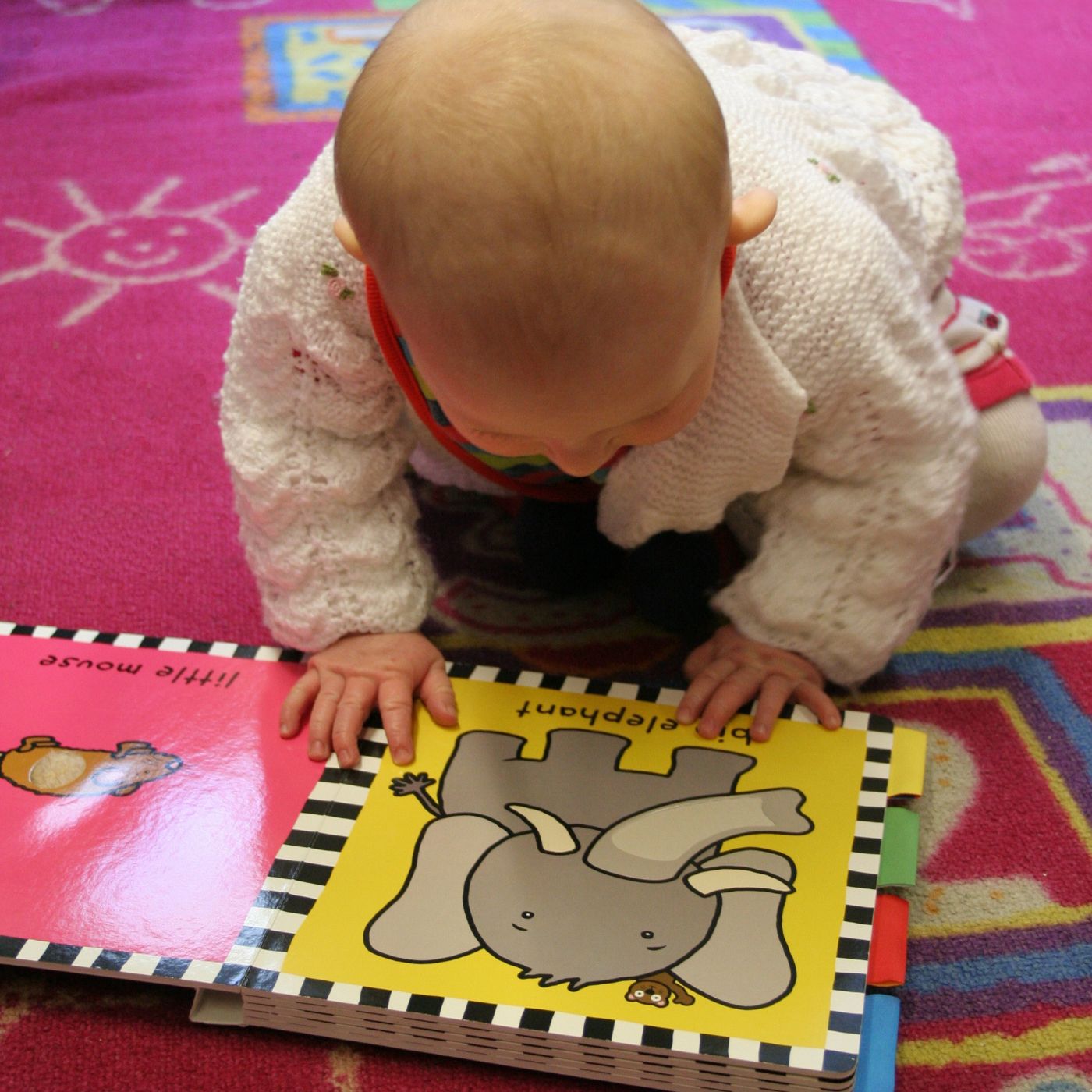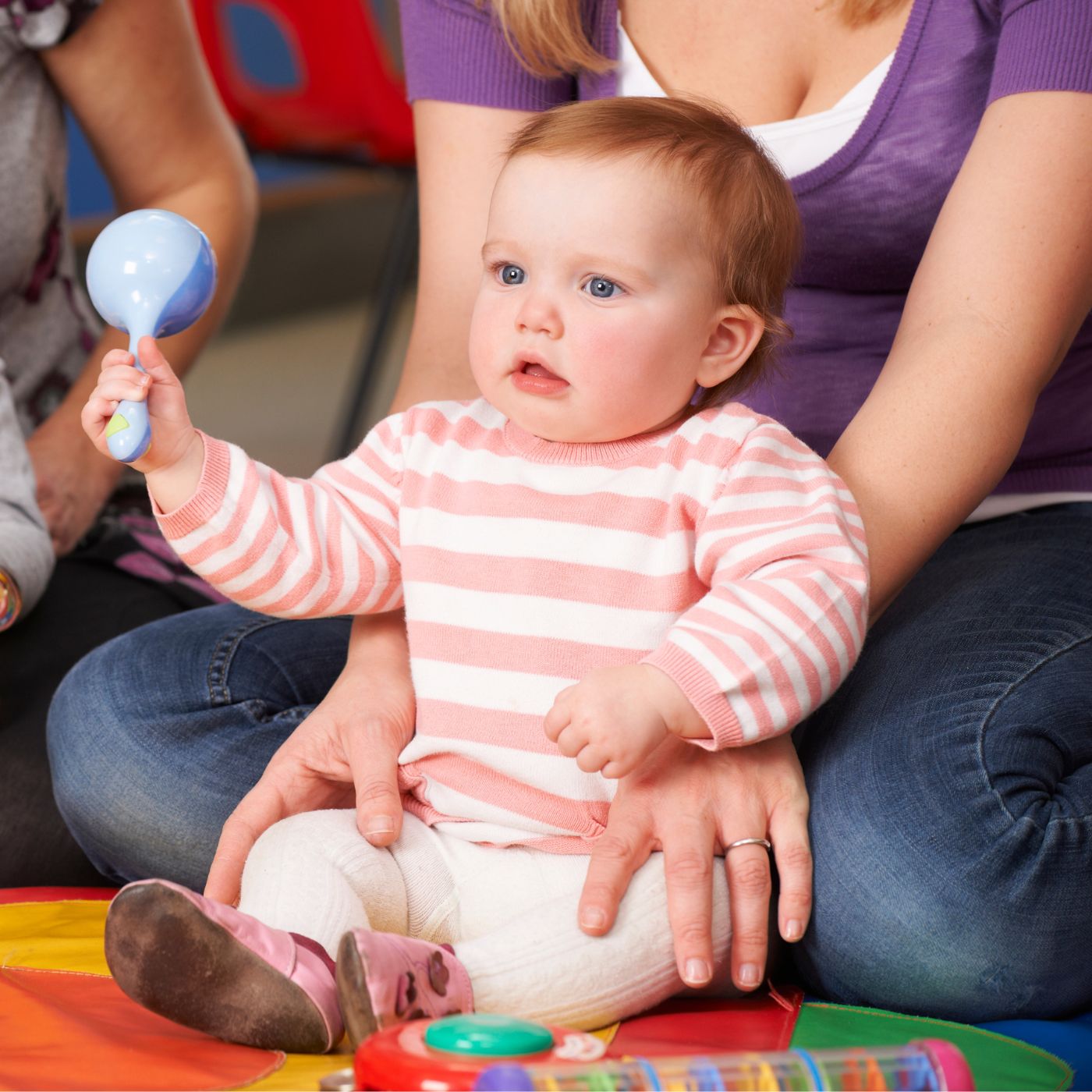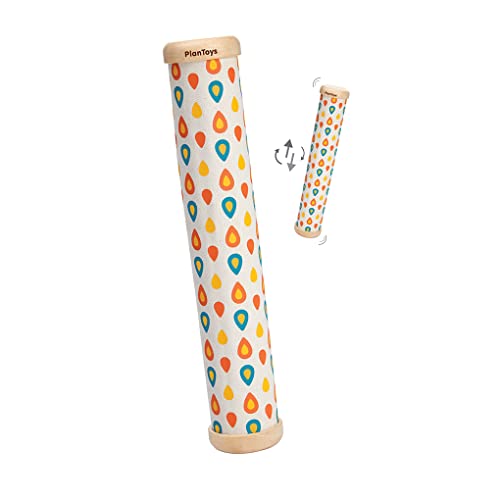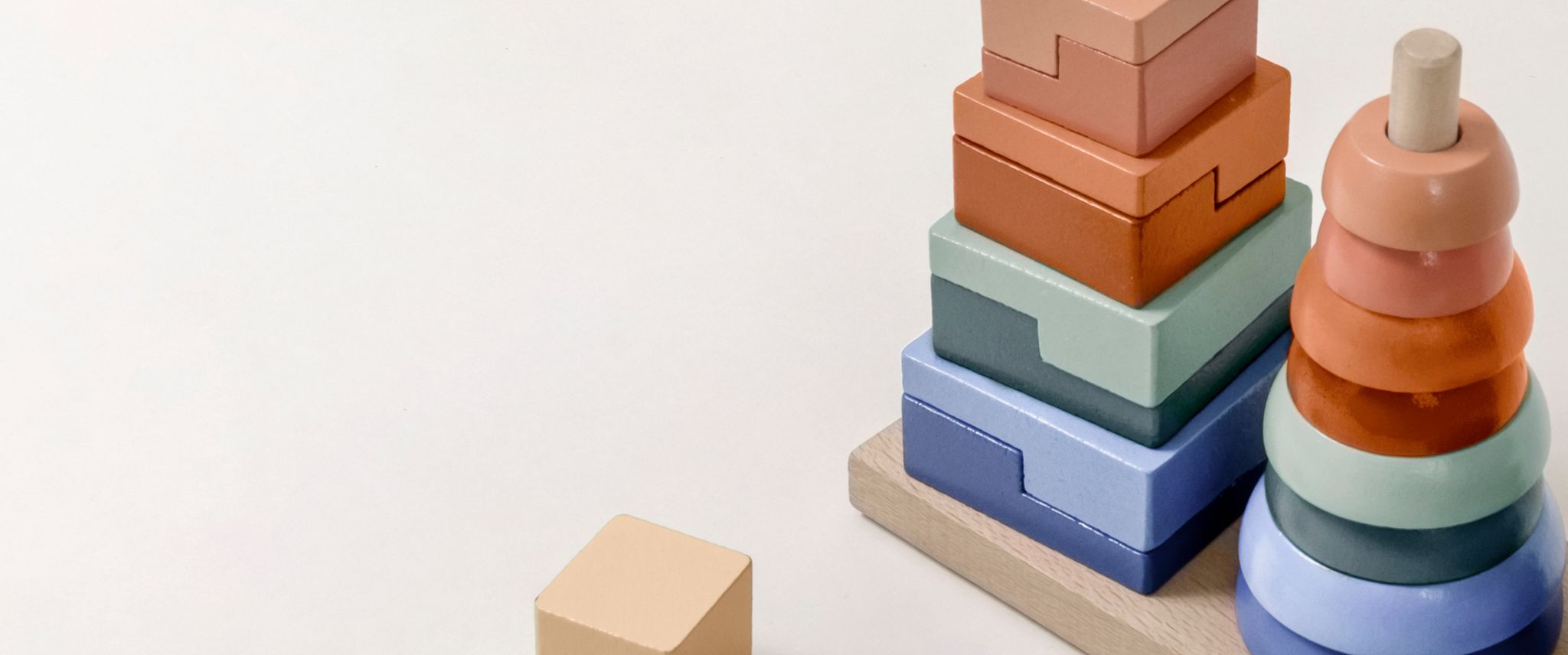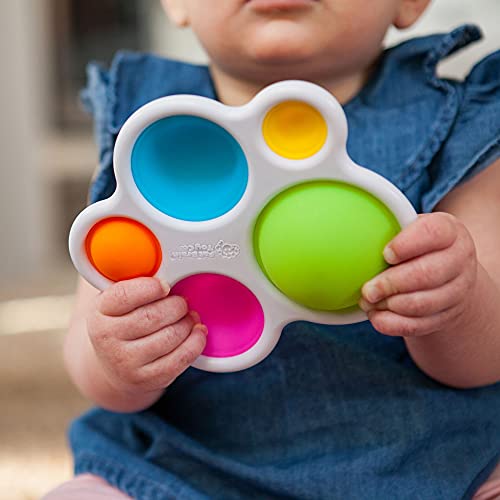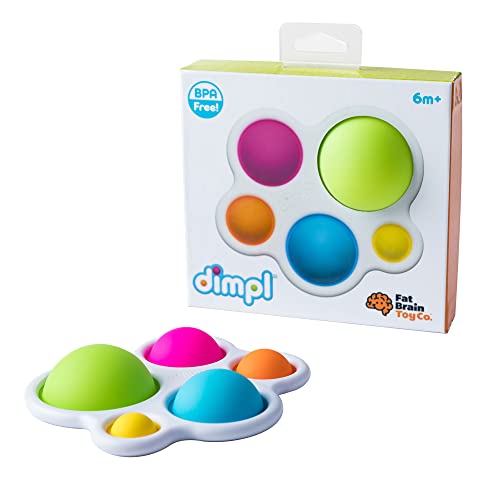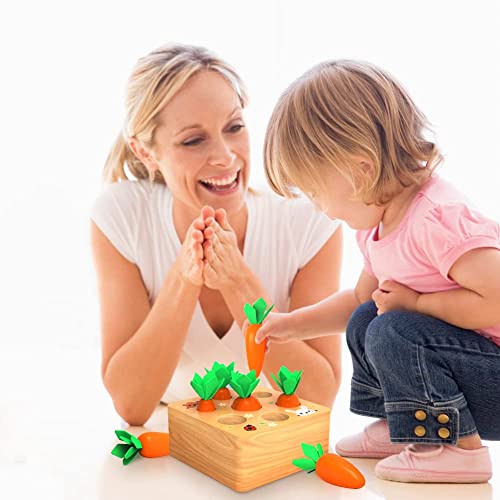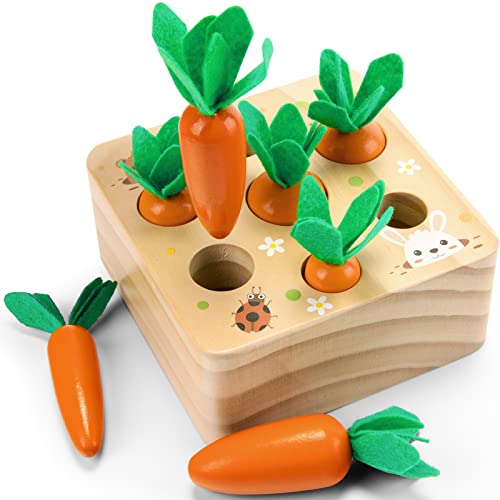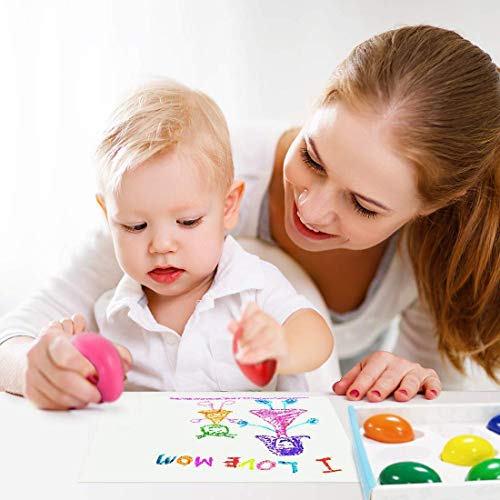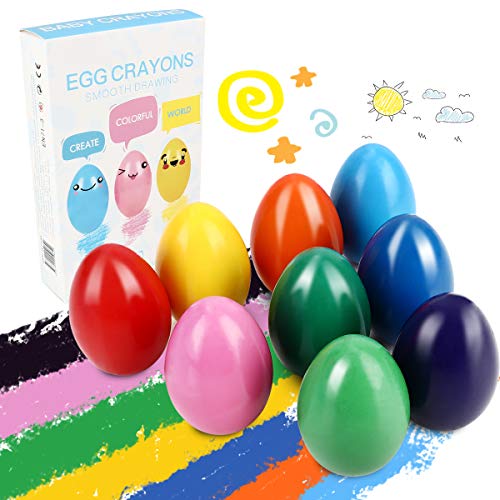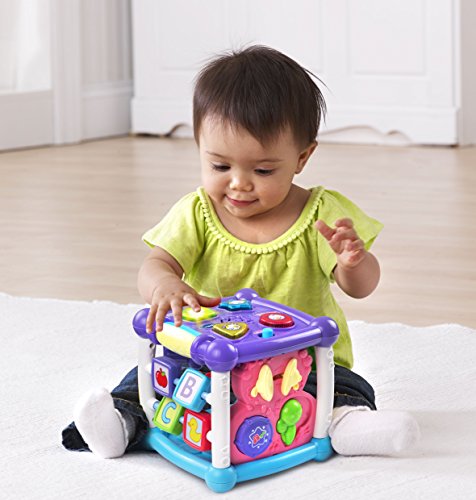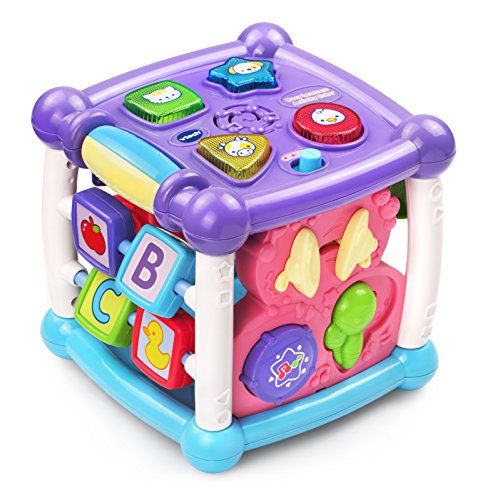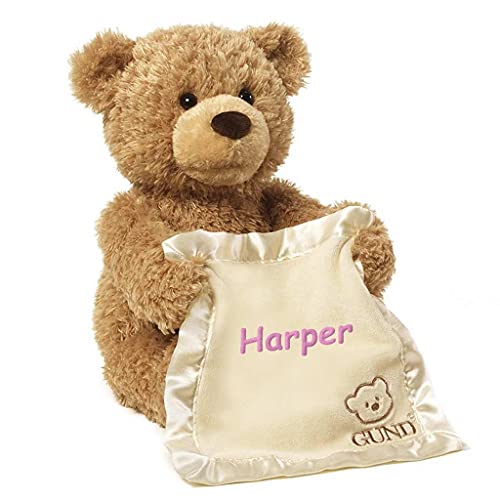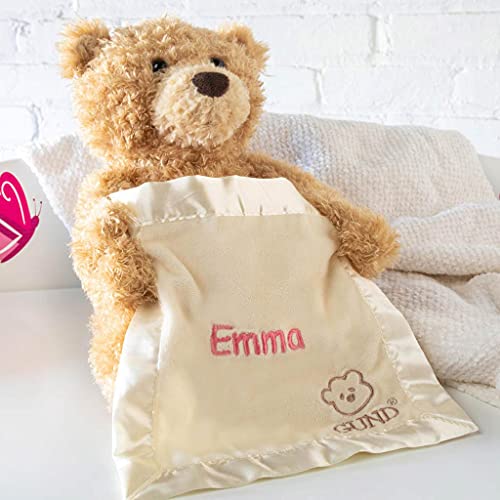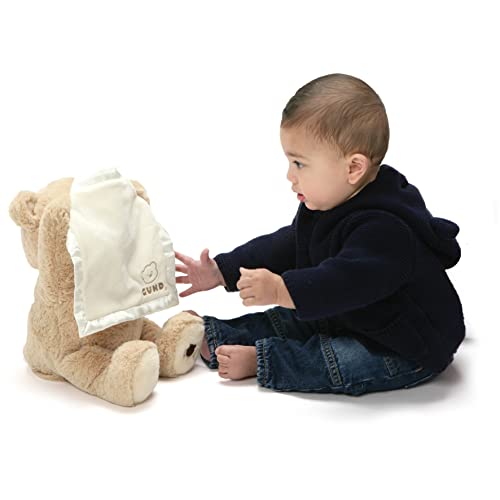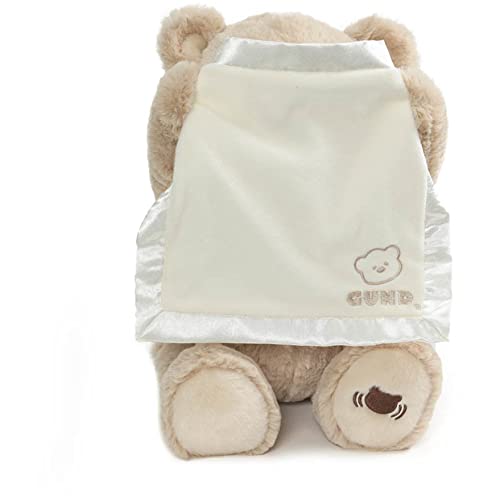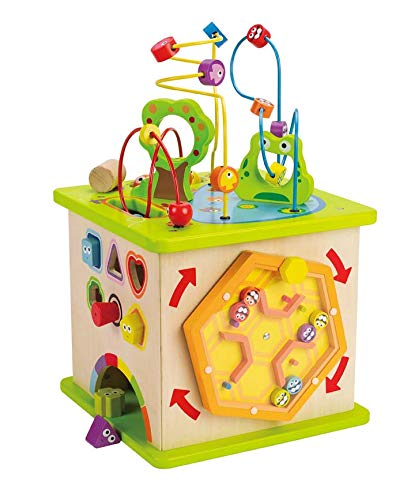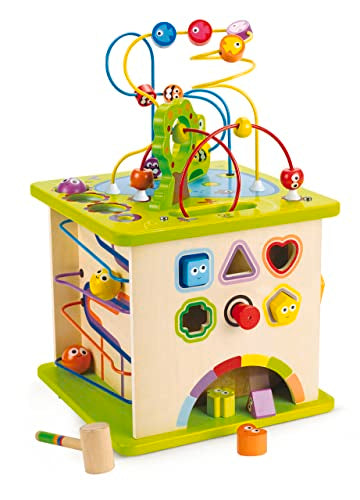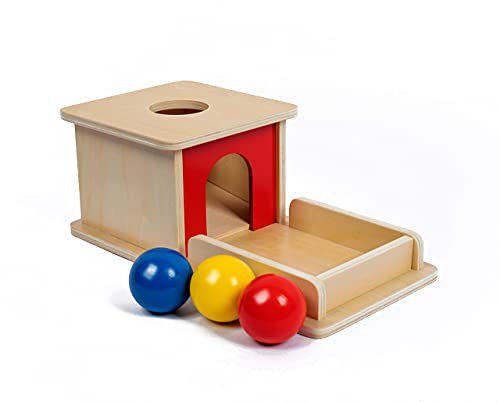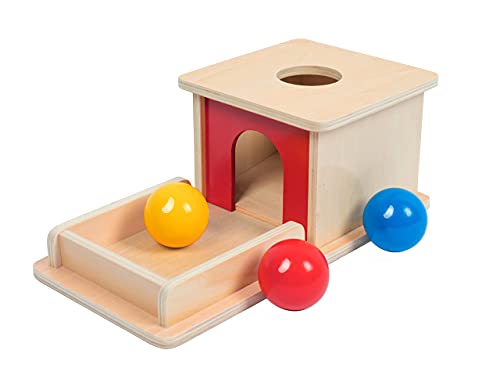Introduction
Cognitive Development and why it is important
Cognitive development is the process by which babies learn to think, reason, and remember. It involves the development of various mental abilities such as attention, memory, problem-solving, and perception. Cognitive development is a critical aspect of a baby's growth, as it lays the foundation for later learning, including academic and social success. Therefore, parents and caregivers should pay attention to their baby's cognitive development and provide opportunities for their baby to learn and grow.
In this article, we will look into what cognitive development entails and means, how you can support your baby and suggest toys and games that can help and support cognitive baby development.
Cognitive baby development
The Importance of Early cognitive development
What is cognitive development?
Cognitive development refers to the growth and maturation of a baby's ability to think, reason, and understand the world around them. It is a vital aspect of their overall development, as it forms the basis for their future learning and problem-solving skills. In this section, we will explore the definition of cognitive development and the different cognitive abilities that babies develop, as well as discuss the key stages of cognitive development in babies.
Cognitive development begins at birth and continues throughout a person's life. However, the most significant cognitive changes occur during infancy and childhood. During this time, the brain is rapidly developing, and new neural connections are forming. As a result, babies are constantly learning and processing information about the world around them.
From sensing to perceiving
One of the essential cognitive abilities that babies develop is perception. Babies use their senses to perceive and make sense of the world. For example, they can see, hear, touch, taste, and smell objects in their environment. As they develop, they learn to distinguish between different objects, colors, shapes, and sounds. They also begin to recognize familiar faces and voices.
Memory development
Another critical cognitive ability that babies develop is memory. Babies have a remarkable ability to learn and remember information, even from a very young age. They can remember people's faces, voices, and even specific events. They use this memory to develop a sense of familiarity and security in their surroundings.
As babies continue to grow, they develop more advanced cognitive abilities, such as problem-solving, reasoning, and critical thinking. They begin to understand cause and effect relationships and learn to solve simple problems, such as how to reach a toy that is out of reach. They also develop the ability to think abstractly and make connections between different ideas and concepts.
What are the key stages in cognitive baby development?
The key stages of cognitive development in babies are often defined by the famous developmental psychologist Jean Piaget. According to Piaget, cognitive development occurs in four distinct stages: the sensorimotor stage, the preoperational stage, the concrete operational stage, and the formal operational stage.
The sensorimotor stage (birth to two years) is characterized by the baby's use of their senses and motor skills to explore the world around them. During this stage, they learn to coordinate their senses and actions to achieve specific goals. They also begin to develop object permanence, which is the understanding that objects still exist, even when they are out of sight.
The preoperational stage (two to seven years) is characterized by the development of language and symbolic thought. During this stage, children learn to use symbols to represent objects and ideas, such as using words to describe things that are not present. They also develop the ability to understand the perspectives of others and to engage in imaginative play.
The concrete operational stage (seven to eleven years) is characterized by the development of logical thinking and problem-solving skills. Children begin to understand cause and effect relationships and learn to think systematically. They also develop the ability to perform mental operations, such as arithmetic.
The formal operational stage (eleven years and up) is characterized by the development of abstract thinking and hypothetical reasoning. Adolescents develop the ability to think logically and systematically about abstract ideas and concepts.
Cognitive baby development
Strategies for Supporting Cognitive Development in Babies
Cognitive development is a crucial aspect of a baby's growth and learning. It involves the development of various mental processes, including perception, attention, memory, problem-solving, and reasoning. By supporting cognitive development, parents and caregivers can help babies lay the foundation for future learning and academic success. In this section, we'll explore some effective strategies for promoting cognitive development in babies.
Provide a safe and stimulating environment
Creating a safe and stimulating environment is crucial for cognitive development. Babies need a space that is safe to explore and engage with their surroundings. It's important to remove any potential hazards, such as small objects that could be swallowed or sharp objects. At the same time, provide toys, books, and other objects that encourage exploration and discovery.
Engage in play activities
Play is an essential part of cognitive development. Babies learn through play, and it helps them develop critical cognitive skills such as problem-solving, memory, and attention. Activities such as peek-a-boo, playing with blocks, and simple games like pat-a-cake can help promote cognitive development.
Provide age-appropriate toys and games
Toys and games are a great way to stimulate a baby's cognitive development. Choose toys that are age-appropriate and encourage exploration, problem-solving, and creativity. For example, toys that involve stacking, sorting, and matching can help develop a baby's cognitive skills.
Cognitive baby development
Milestones in Cognitive baby development
As parents, it's essential to understand the milestones that your baby will reach during their early years of cognitive development. From the moment they're born, babies start to develop various cognitive abilities, such as learning, reasoning, problem-solving, and memory retention. As they grow, these skills become more advanced, and they learn to interact with their environment in new and exciting ways. Understanding these milestones can help parents provide a safe and stimulating environment that promotes cognitive development and helps their baby reach their full potential. In this article, we'll explore the cognitive development milestones that babies typically reach in their first few years of life, and what parents can do to support and encourage their baby's cognitive growth.
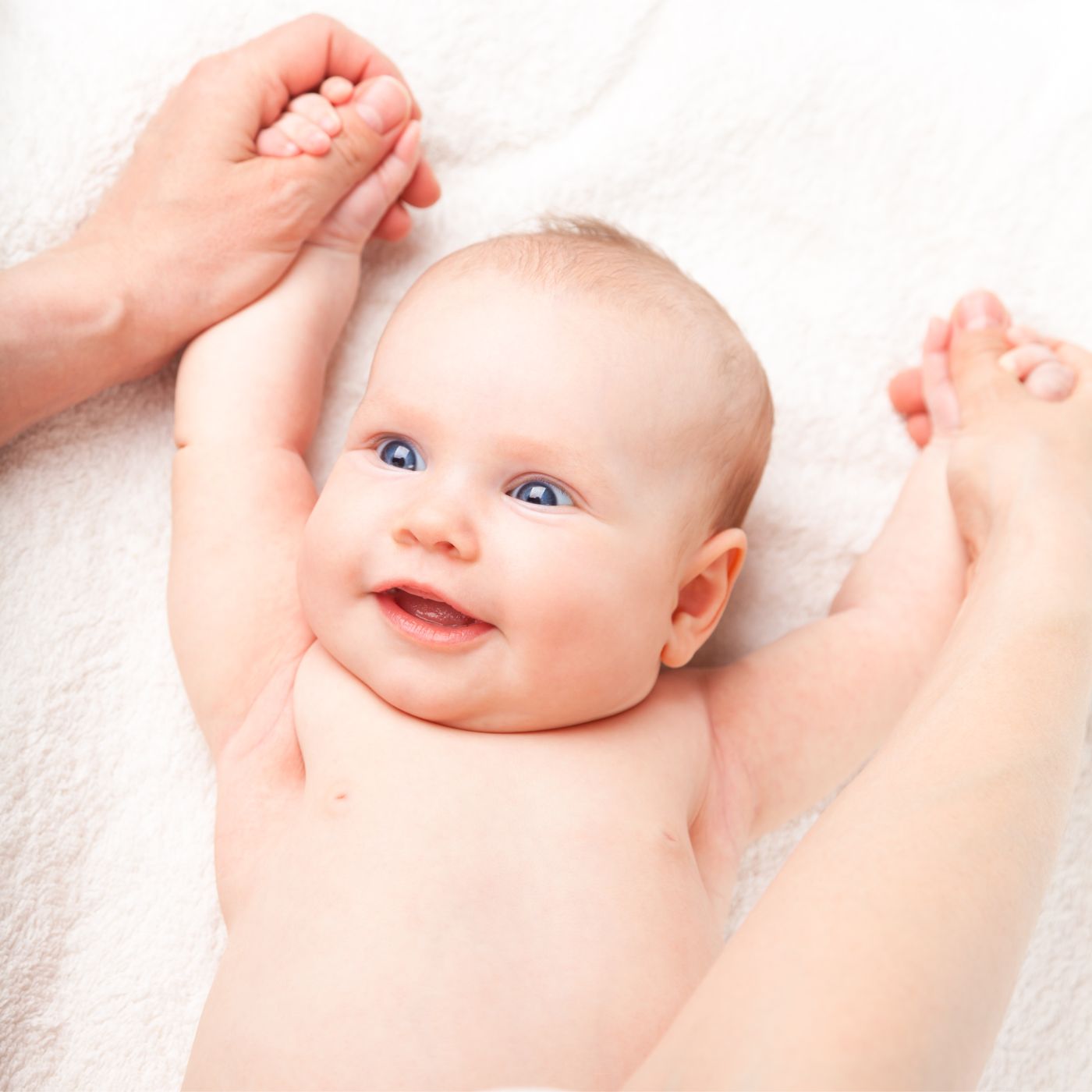
Cognitive baby development milestones
0-2 months
- Watches you as you move
- Looks at a toy for several seconds
- Responding to familiar voices and sounds
- Recognizing faces and tracking moving objects
- Reacting to bright lights and contrasting colors
- Developing basic reflexes, such as sucking and grasping
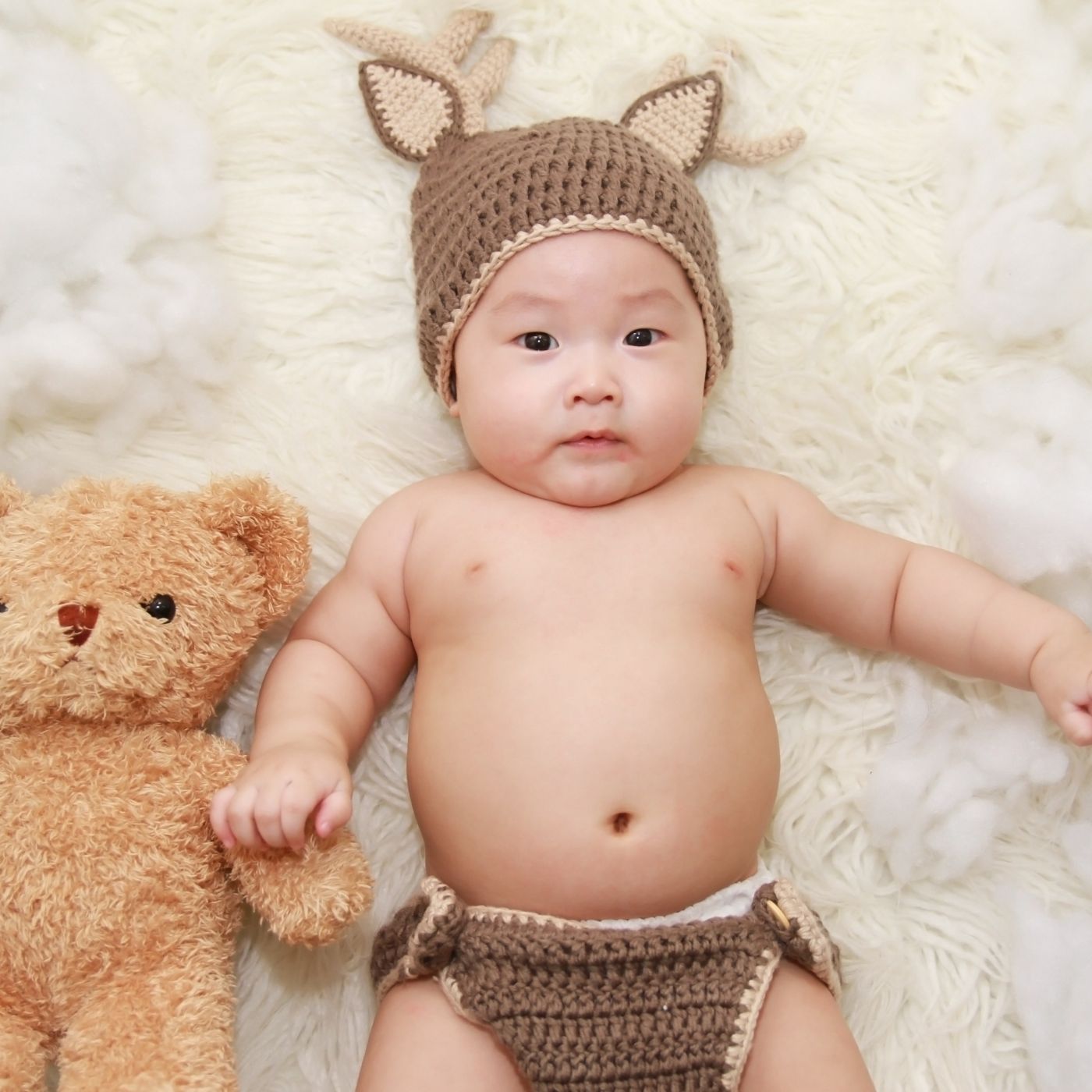
Cognitive baby development milestones
2-4 months
- If hungry, opens her mouth when she sees breast or bottle.
- Looks at her hands with interest.
- Following objects with their eyes
- Recognizing familiar objects and people
- Responding to sound by cooing or babbling
- Engaging in social smiling and responding to facial expressions
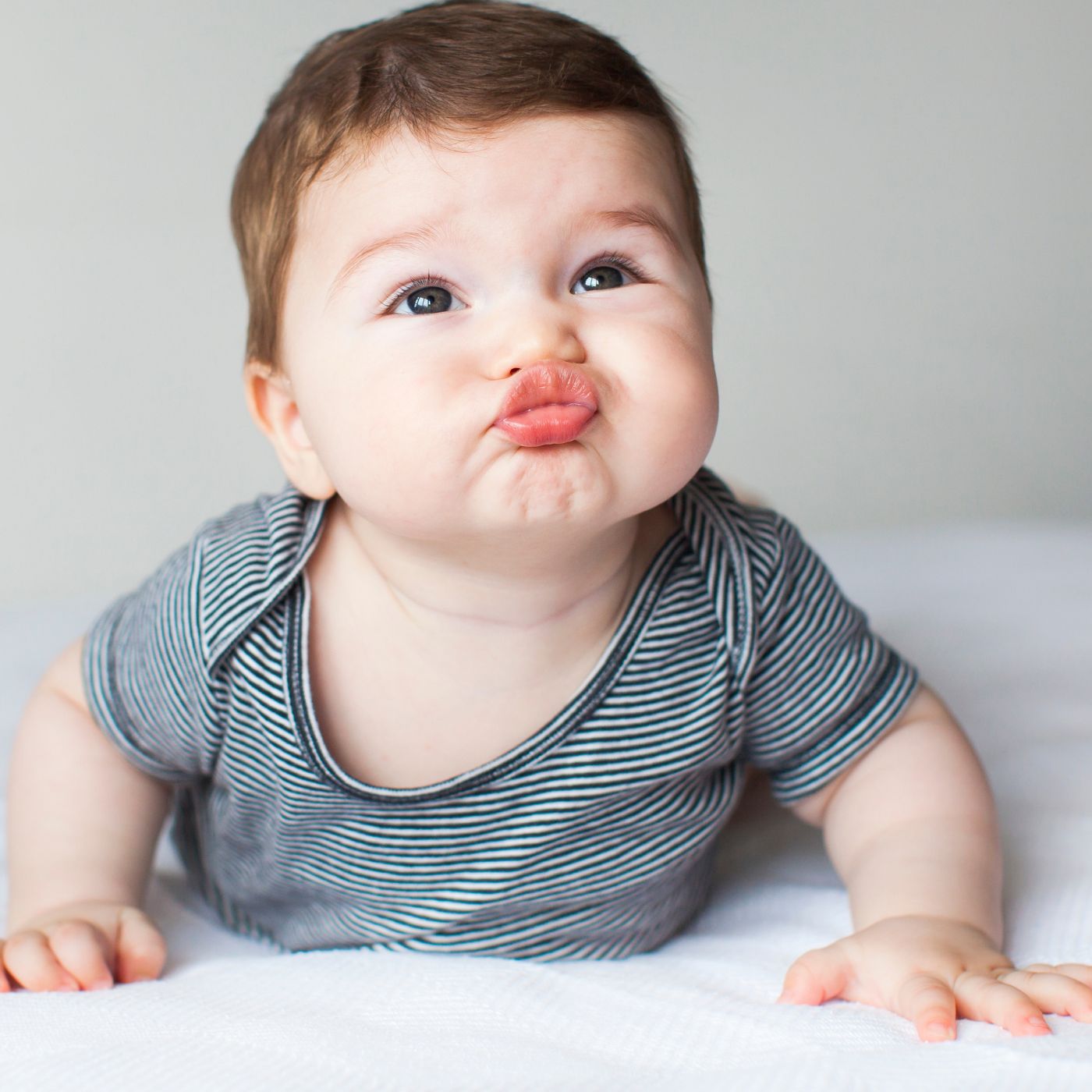
Cognitive baby development milestones
4-6 months
- Explores things by putting them in her mouth
- Reaches to grab toys she wants
- Closes her lips to show that she doesn’t want more food/milk
- Developing object permanence, which means realizing that objects still exist even when they can't be seen
- Starting to reach for and grasp objects intentionally
- Recognizing their own name and responding to it
- Engaging in more complex vocalizations, such as laughter and squeals
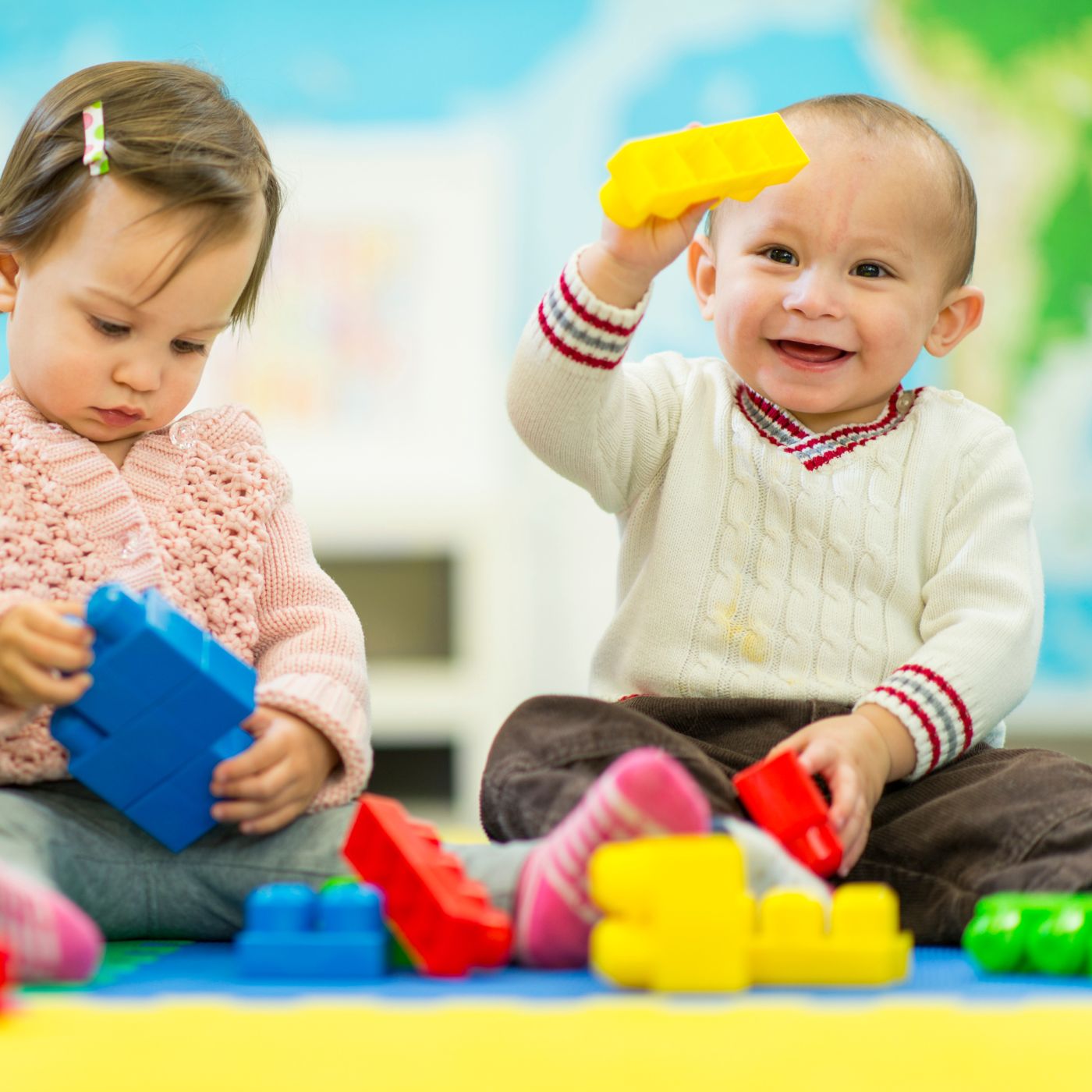
Cognitive baby development milestones
6-9 months
- Looks for objects when dropped out of sight (like his spoon or a toy)
- Is banging two things together
- Crawling or moving around independently
- Responding to simple instructions, such as "come here"
- Playing with objects in different ways, such as banging, shaking, and throwing
- Using gestures to communicate, such as waving or pointing
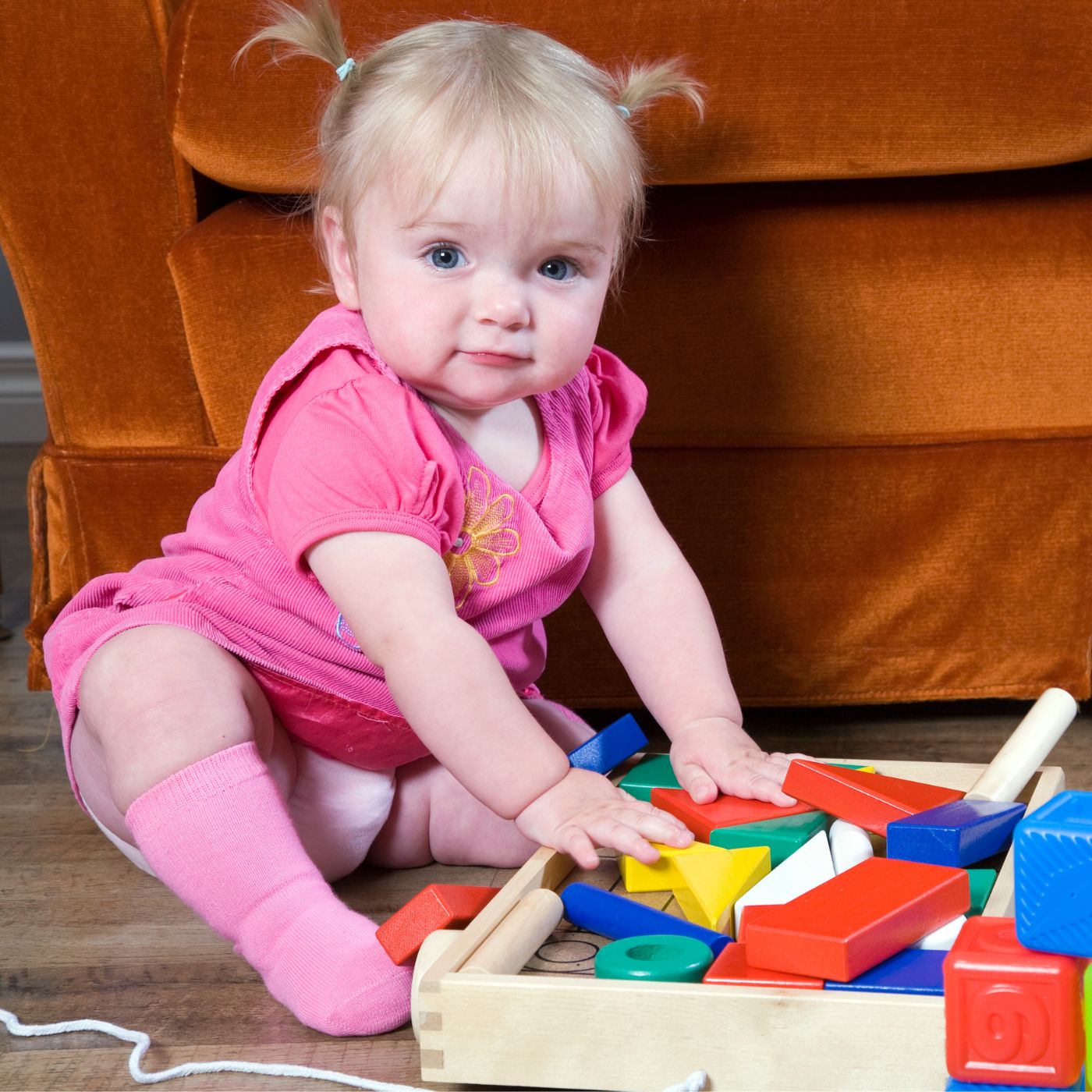
Cognitive baby development milestones
9-12 months
- Your baby puts something in a container, like a block in a cup.
- She looks for things she sees you hide, like a toy under a pillow.
Understanding simple words and commands, such as "no" - Developing a sense of cause-and-effect, such as realizing that pushing a button makes a noise
- Using objects in the way they're meant to be used, such as drinking from a cup
- Engaging in pretend play and imitating others
How Baby Toys Can Help Cognitive Development
Toys play a crucial role in supporting the cognitive development of babies. The right toys and play activities can encourage babies to explore, learn and develop new skills. Research shows that cognitive stimulation during the first few years of a child's life can have a significant impact on their cognitive abilities in the long run. Therefore, it is important for parents and caregivers to choose toys that support cognitive development and provide age-appropriate stimulation.
What Types of Baby Toys Are Particularly Good for Cognitive Baby Development?
Sensory toys
The first category of toys that supports cognitive development in babies are sensory toys. Sensory toys are designed to stimulate the senses of sight, sound, touch, and smell. They help babies learn about the world around them and develop their sensory processing skills. Examples of sensory toys include rattles, soft toys, musical toys, and toys with different textures. These toys can be used to introduce babies to different colors, sounds, and shapes.
Sorting and stacking toys
Another category of toys that support cognitive development in babies are sorting and stacking toys. These toys help babies learn about size, shape, and spatial relationships. Sorting toys help babies learn about matching and categorization, while stacking toys help them develop their motor skills and hand-eye coordination. Examples of sorting and stacking toys include shape sorters, stacking rings, and nesting cups.
Puzzles
Puzzles are also excellent toys for cognitive development in babies. Puzzles help babies develop problem-solving skills, spatial awareness, and hand-eye coordination. Simple puzzles with large pieces are ideal for babies and toddlers. Puzzles with different colors and shapes can also help babies learn about colors and shapes.
Books and reading material
Books and reading materials are another important category of toys for cognitive development in babies. Reading to babies helps them develop their language and communication skills, as well as their cognitive abilities. Board books with large pictures and simple text are ideal for babies. As they grow older, parents can introduce books with more complex stories and text.
Blocks, play dough, dress-up costumes
Lastly, open-ended toys that encourage imaginative play are important for cognitive development in babies. These toys allow babies to use their creativity and develop their problem-solving skills. Examples of open-ended toys include blocks, play dough, and dress-up costumes.
THE RIGHT TOYS CAN HELP YOUR BABY DEVELOP cognitive SKILLS
In conclusion, choosing the right toys for cognitive development in babies is essential. Sensory toys, sorting and stacking toys, puzzles, books, and open-ended toys are all excellent choices for supporting cognitive development in babies. Parents and caregivers should choose toys that are age-appropriate and provide the right level of stimulation for their babies. By providing babies with the right toys and play activities, parents and caregivers can help support their cognitive development and set them up for success in the future.
Sources and references
- Centers for Disease Control and Prevention (CDC). "Important Milestones: Your Child By Two Years." Accessed March 8, 2023. https://www.cdc.gov/ncbddd/actearly/milestones/milestones-2yr.html.
- National Institute of Child Health and Human Development (NICHD). "What Is Cognitive Development?" Accessed March 8, 2023. https://www.nichd.nih.gov/health/topics/cognitive/conditioninfo/what.
- Piaget, J. "The psychology of intelligence." Routledge, 2013.
- Sacks, O. "The Man Who Mistook His Wife for a Hat: And Other Clinical Tales." Touchstone, 1998.
- Wachs, T. D. "The Nature of Nurture: Individual Differences in Early Environmental Experiences and Socialization." Lawrence Erlbaum Associates, 2000.
